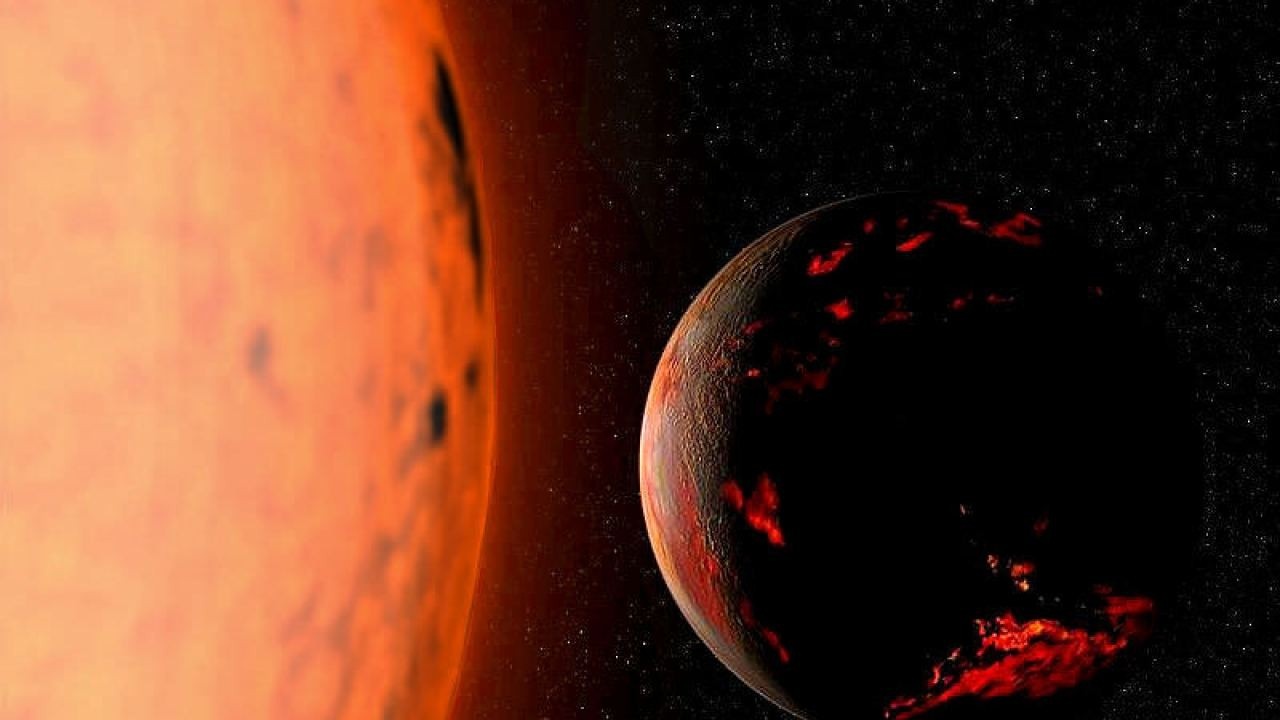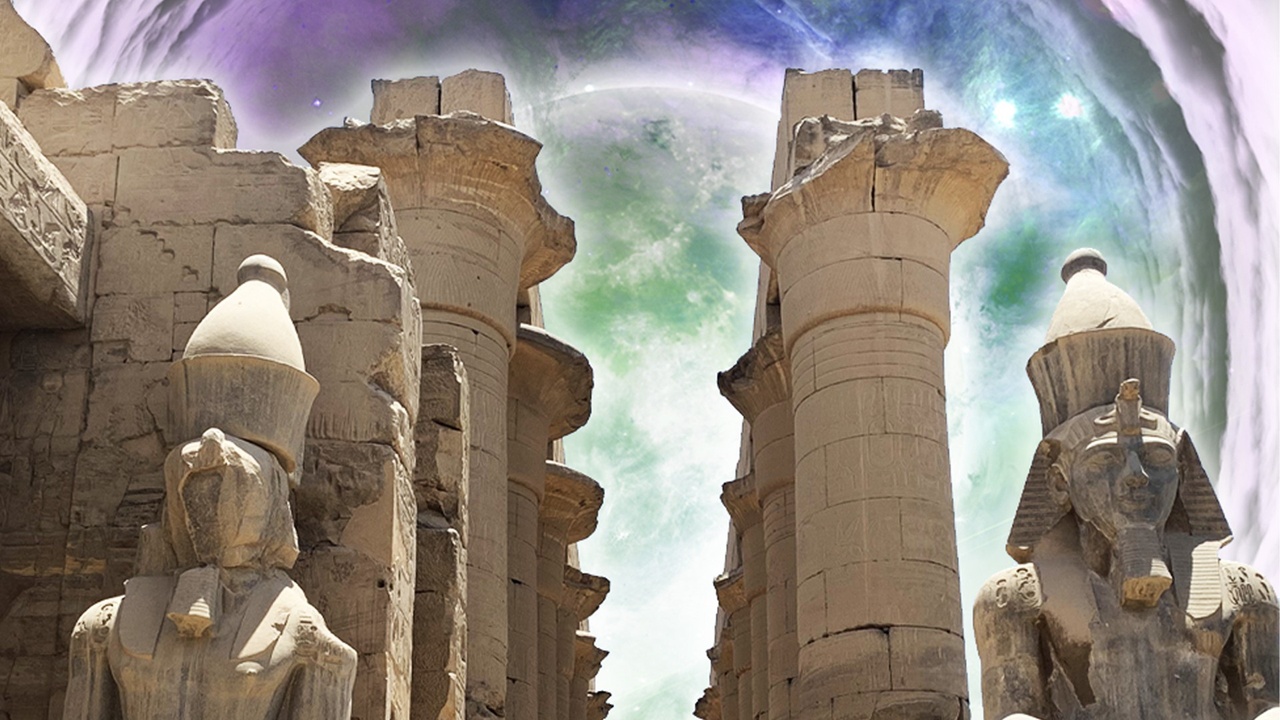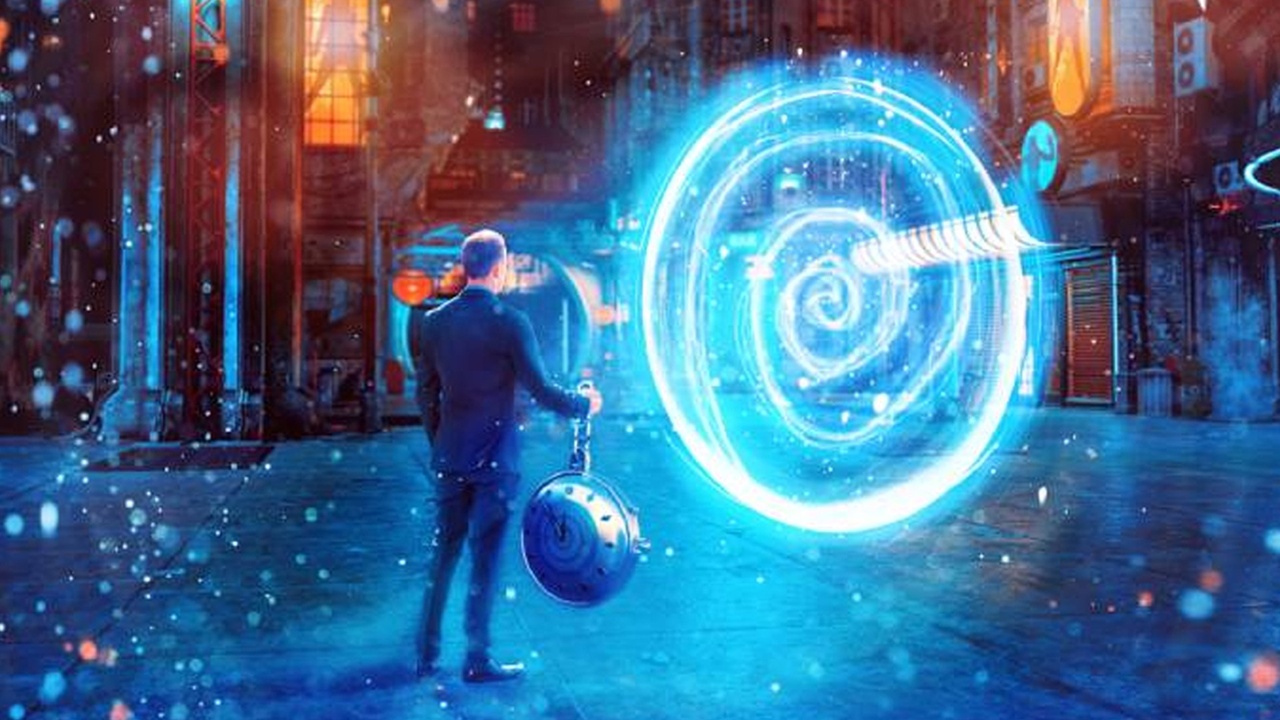Our Place In The Universe
Mar 04, 2021
(Based on the recent broadcast of Beyond The Shadows, "Our Place in the Universe," found in the Member Area.)
Science fiction is becoming reality. When I scrolled through my social media feed this past Tuesday morning, I was instantly intrigued by a headline concerning the assembly of a space station and hotel with artificial gravity which will begin construction in 2025. To me, it was too good to be true. I clicked into the headline and began reading about the fascinating privately funded venture by Orbital Assembly Corporation to begin building this marvel and have it open for business by 2027. Amazing.

The entire concept is a huge step forward in taking our civilization out into space on a regular basis, creating new jobs above the Earth, and tapping into a whole new universe of opportunities (pun intended). The technology being developed for what has been called Voyager Station is literally straight out of our science fiction – a “Gravity Ring” which will rotate and create a type of artificial gravity in space, the first of its kind ever developed. The station will be able to accommodate 400 guests, including support for scientists to conduct experiments in Earth’s orbit. The future is finally here!
Whenever I repost these types of articles and exclaim my joy at our progress reaching out into the world beyond our own, I’m always greeted with a handful of dissenters who state we should be more concerned with our troubles here on Earth. After all, there’s still hunger and poverty, natural disasters – heck, we’re still in the middle of a pandemic. I understand that, and no one is saying that what’s happening on Earth isn’t important, but we also need to think about the long-term future. Somewhere, there’s a happy balance between taking care of our own on the surface and progressing our civilization out into space, which is absolutely necessary.

During several of my Beyond The Shadows broadcasts – and this article is based off a recent episode now archived in the Connected Universe Portal – I’ve talked about the inevitable extinction-level event of the Earth, whether that's in the near future or whether it's a billion years from now when the sun starts entering its red giant phase and evaporates all the water off the planet. At the height of the sun becoming a red giant, it will engulf the entire planet as it expands to about the size of the orbit of Mars. It’s a sad fact, but the destruction of our planet will happen at some point, and if we are to survive as a species, we need to figure out how to sustain our life out in space. The steps we’re taking now are just the baby steps we need to take to eventually move our civilization elsewhere when the time comes. We may have even done this before. Perhaps we are survivors from another planet – but that’s another discussion.
This destruction may have actually happened to a variation of our planet before. While the Earth was created from our sun as part of its ecliptic field of debris, the sun is barely hot enough to fuse hydrogen to helium. Because of this, many scientists believe that our solar system originally had a different "mother" star that exploded billions of years ago in a supernova and created our system today. It’s fun to say we’re all made of stardust, but supernovae, while beautiful in their brilliance, can unexpectedly wreak havoc upon our planet.
When stars out in the universe explode into a supernova, they can be so powerful and bright that we can see them during the daytime here on Earth and can outshine the Moon at night. A supernova only 10 light years away could destroy all life on Earth, and some scientists believe a supernova about 120 lightyears away caused a minor extinction of sea animals on our planet two million years ago. The problem is, we can't predict the exact moment a supernova is going to happen, and the stars we see in the night sky right now are in the past as it takes years for the light to travel to us. A supernova could have already happened out there and we won't know until decades from now. So, what do we do?
We need the flexibility to get off the planet.
Some of the media Orbital Assembly Corporation has posted regarding their space technology includes the following quote from Konstantin Tsiolkovsky: “The Earth is the cradle of humanity, but mankind cannot stay in the cradle forever.” I agree; we need to grow up.

Who was Konstantin Tsiolkovsky, and why would he make such a statement? Tsiolkovsky was an early Twentieth Century Russian scientist and cosmist. As a scientist, he was a pioneer in rocketry and developed several equations that were used to launch the Sputnik satellite into space, including the equation for the mass of a rocket in 1897 and the horizontal speed for minimum orbit around the Earth in 1903. Yes, Tsiolkovsky was developing rocketry before we had successfully accomplished flight in airplanes.
He was fueled by the philosophy of cosmism -- the idea that we came from the stars and we need to return to the stars. He believed humans would eventually colonize the Milky Way and he was a proponent of panpsychism.
Panpsychism is one of the world’s oldest philosophical theories, going as far back as Plato, and is described as a theory that, "the mind is a fundamental feature of the world which exists throughout the universe."
Plato probably stated it more clearly: "This world is indeed a living being endowed with a soul and intelligence ... a single visible living entity containing all other living entities, which by their nature are all related."
In this statement, we can see the idea of the connected universe. Given the description, one may also be able to find the idea behind the planet Pandora in the movie Avatar. It was a world completely connected, in which one directly affected the whole.
We can expand this out from just the planet to the entire universe. We, as a species, have always looked up to the stars as if that's where we belong ... and in many cases, have belonged before. When we look at ancient Egypt, they believed there are seven different parts of the soul, and at death, the spiritual aspects of the soul ascend to the stars and begins a journey to the constellation of Orion. This is a journey home.
There's also a prevailing idea in some circles that the human race may have originally come from Mars. There's plenty of evidence to show us there was once water on Mars, a necessary building block of life. Did civilization on Mars make it off the planet in time to get to Earth before it could no longer sustain life? Are our current journeys to Mars really a return home? If we've been planet hopping, how many planets have humans inhabited thus far?

Our place in the universe is not just relegated to Earth. Humans have always been explorers, and as we continue to grow and develop new technology, perhaps even meshing that technology with metaphysics, we’re going to discover that it is really quite natural for us to move about the stars. We need to protect our physical bodies as our planetary situation evolves, preserve humanity as we forge forward, but we may discover that our consciousness plays a bigger part in how we travel through the cosmos and discover new worlds, including ones we can inhabit in the future. We’ll absolutely need to discover those worlds to continue on.
Watch the full Beyond The Shadows broadcast "Our Place in the Universe" in the Member Area at: https://www.connecteduniverseportal.com/offers/LePTrL4G/checkout
Interested in learning more about the Connected Universe and gaining access to exclusive, behind-the-scenes content?
Stay connected with news and updates!
Get all the latest news, updates, and insights from author and researcher Mike Ricksecker and the Connected Universe community! Don't worry, your information will not be shared.
We hate SPAM. We will never sell your information, for any reason.




